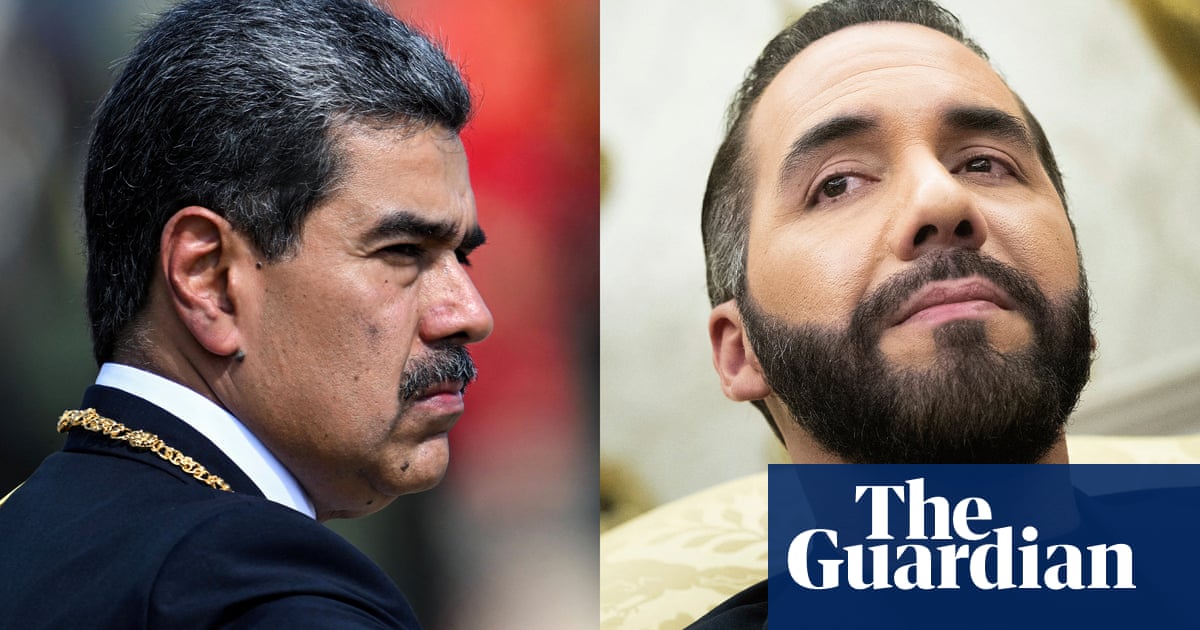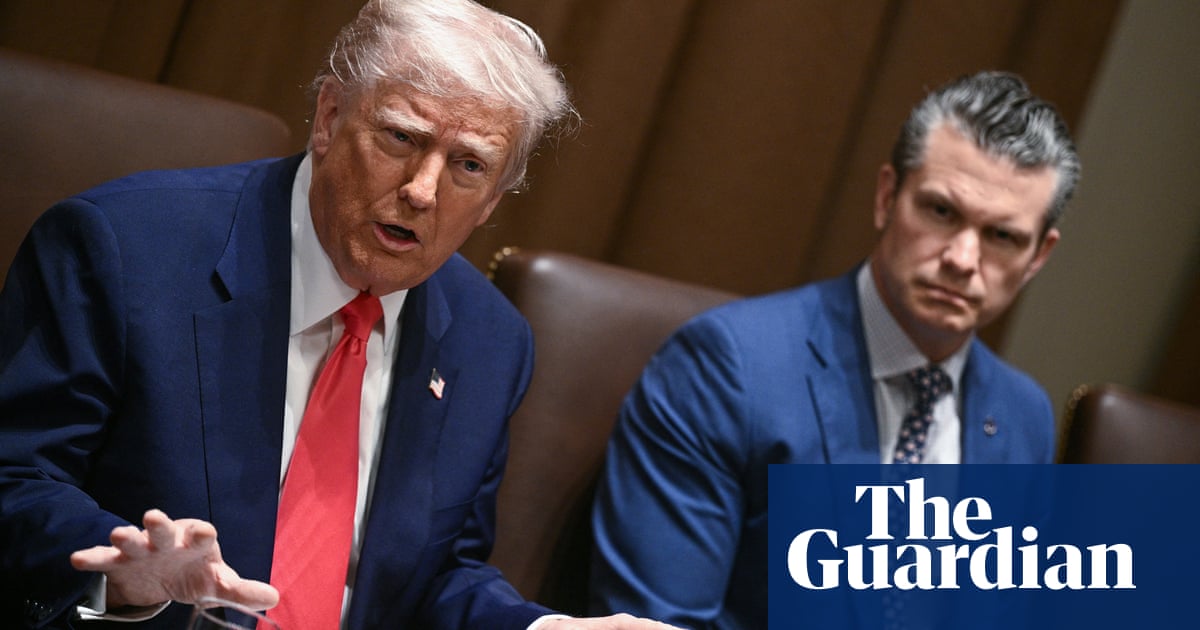Years ago the Economist magazine had a striking cover in which Mark Zuckerberg, the founder of Facebook, was portrayed as a languid clone of the Roman emperor Augustus. This was inspired by stories that Zuck was fascinated by Gus. On honeymoon in Rome in 2012, for example, he took so many photos of the emperor’s sculptures that his wife joked it was as if there were three people on the holiday. The couple even named their second daughter August.
Explaining his fascination for Rome’s first emperor, Zuckerberg told the New Yorker that “basically, through a really harsh approach, he established 200 years of world peace… What are the trade-offs in that? On the one hand, world peace is a long-term goal that people talk about today [but] that didn’t come for free, and he had to do certain things.”
He had indeed. And guess what? Last November, Zuckerberg – who had thrown Donald Trump off Facebook and Instagram in the wake of 6 January 2021 – flew to Florida to dine with the US’s new emperor, a man who a few months earlier had said that his dinner guest would “spend the rest of his life in prison” if he attempted to interfere in the 2024 US election.
It seems that the Meta boss emerged from Mar-a-Lago convinced that – like Augustus before him – he had “to do certain things”. He had already embarked on changing his look. Gone were the jeans, grey T-shirts and hoodies and close-cropped hair of old, to be replaced by a curly mop, relaxed T-shirts in new colours, a shearling jacket and a £735,000 watch. Oh – and chains, lots of them.
But that was just about style. After his dinner with Trump, Zuck tackled substance, namely some of his company’s practices that the Maga crowd found infuriating. He spent six weeks closeted with his top policy and communications executives working out the sweeping changes that would be needed to keep Meta out of Trump’s firing line. And on 7 January he revealed them in a video.
The company, he explained, would change how speech was handled in its apps, and it would relax restrictions on how people could talk about hot topics such as immigration, sexuality and gender. It would dump its fact-checking operations and replace them with the feeble “community notes” approach adopted by Elon Musk on X. It would terminate its work on diversity, equity and inclusion (DEI) that was so loathed by the Maga crowd, eliminate the role of chief diversity officer, and abandon its diversity hiring goals.
After that, Zuck spent three hours on Joe Rogan’s podcast in which, among other things, he burbled on about the need for a more macho vibe in the corporate world. “Masculine energy is good,” he said, “and obviously, society has plenty of that, but I think corporate culture was really trying to get away from it. I think having a culture that celebrates the aggression a bit more has its own merits that are really positive.”
You get the drift. The world needs more macho CEOs. More importantly, though, there’s a new emperor in town and Zuck needs to keep on the right side of him. But then on 9 January the Intercept had a scoop that illustrates how this swerve plays out on the ground. It came in the form of leaked internal training materials for content moderators on Meta’s platforms.
The new guidelines give users new freedoms to post a wide array of derogatory remarks about race, nationality, ethnicity, sexual orientation and gender identity. Examples of what’s now allowable (at least in the US) include: “Immigrants are grubby, filthy pieces of shit”; “Gays are freaks”; “Trans people are immoral.” The guidance is riddled with contradictions. “Migrants are no better than vomit” is allowed, but “Muslims make me want to throw up” should be removed because it claims that a group “causes sickness”. “These damn immigrants can’t be trusted, they’re all criminals” is OK but “Black people are all drug dealers” remains prohibited. And so on.
On one level these revelations merely confirm that effective “moderation” of content on social media is a sisyphean task – at least on platforms with business models that prioritise engagement (and therefore extremism) over decorum. But at a deeper level, the tale of Zuckerberg’s swerve usefully illustrates what the future holds for the tech industry: when Donald Trump says “jump”, Silicon Valley’s only question will be, “how high?”
after newsletter promotion
What I’ve been reading
Take back control
Really insightful blogpost by Rob Miller on the renewed relevance of the Luddites’ story with respect to creativity in the digital age.
Essential reading
Tina Brown is on Substack, and bloody good she is too.
Must mute Musk
Peter Geoghegan arguing on his Democracy for Sale newsletter why European democracies need to start taking action against foreign interference.

.png) 3 months ago
24
3 months ago
24













































